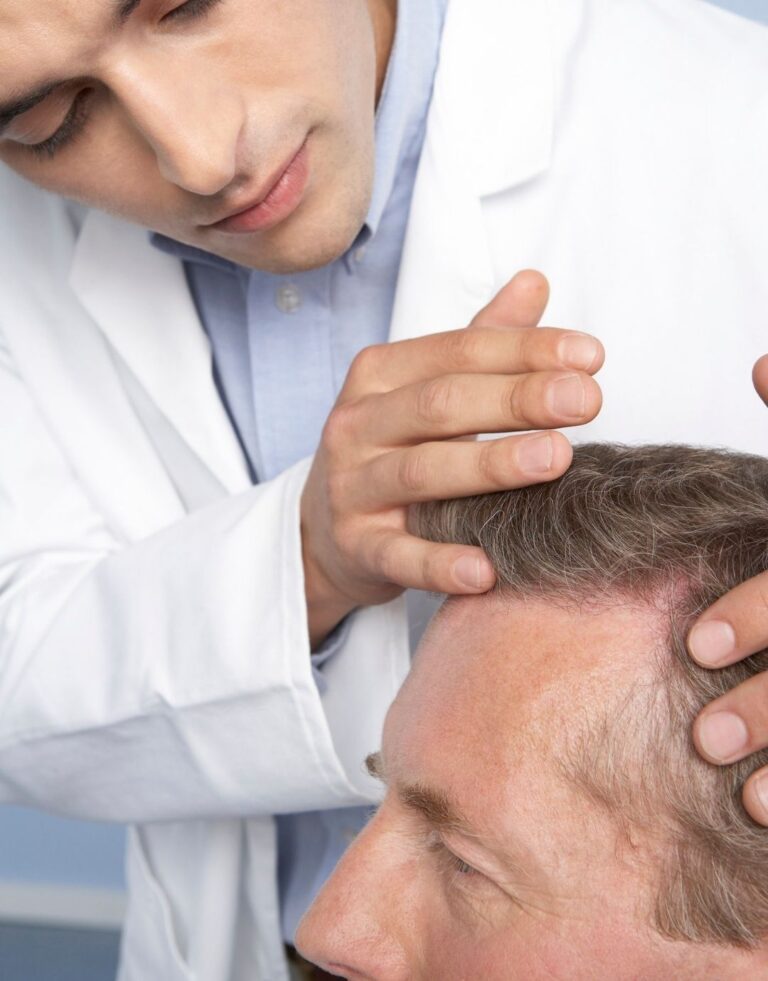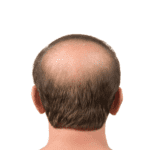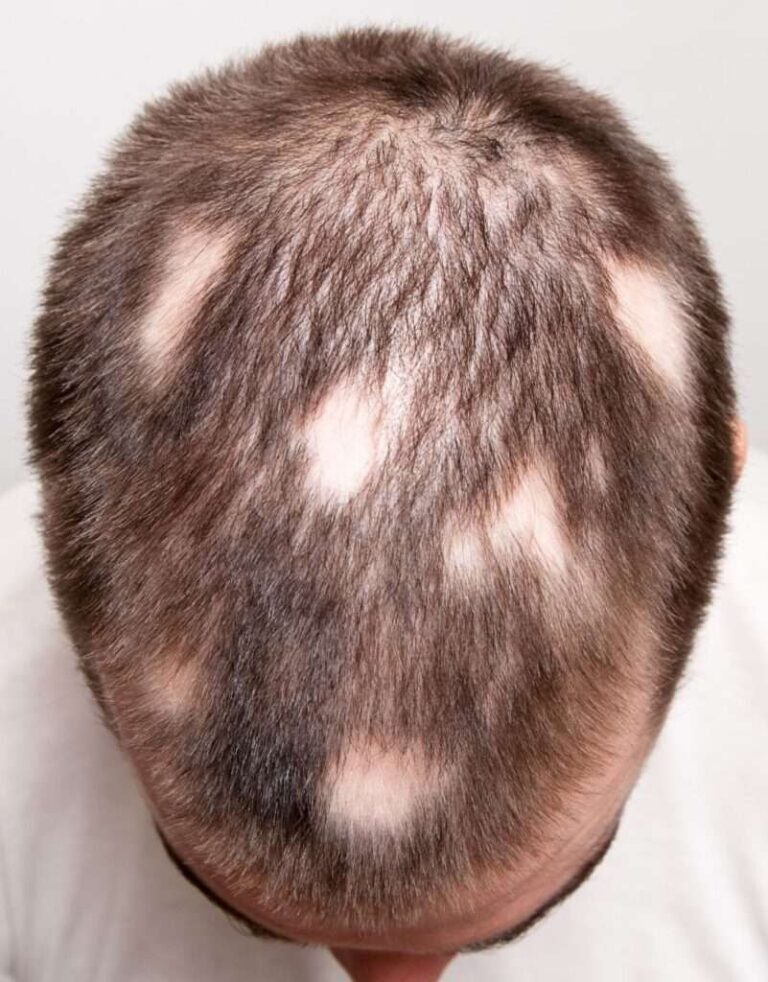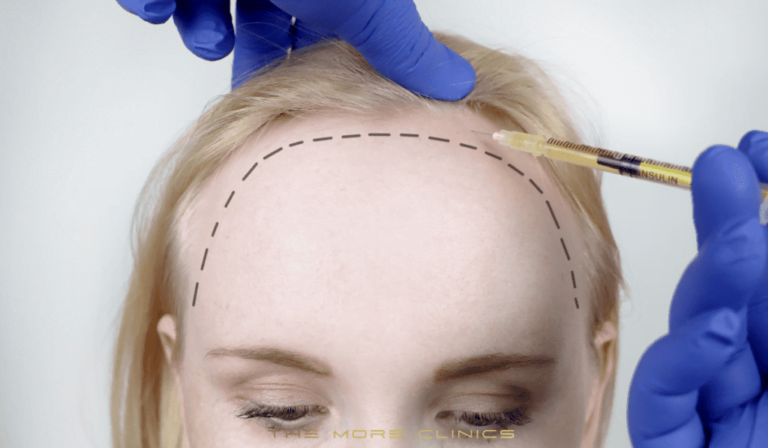Hair Transplant Side Effects
Hair loss can be a distressing experience for both men and women. It can affect self-esteem, confidence, and overall quality of life. As a result, many people turn to hair transplant surgery as a solution. Although hair transplant surgery can effectively restore hair loss, it is crucial to comprehend the possible side effects and risks linked to the procedure.In this article, we will discuss the common side effects and risks of hair transplant surgery, as well as ways to minimize them.
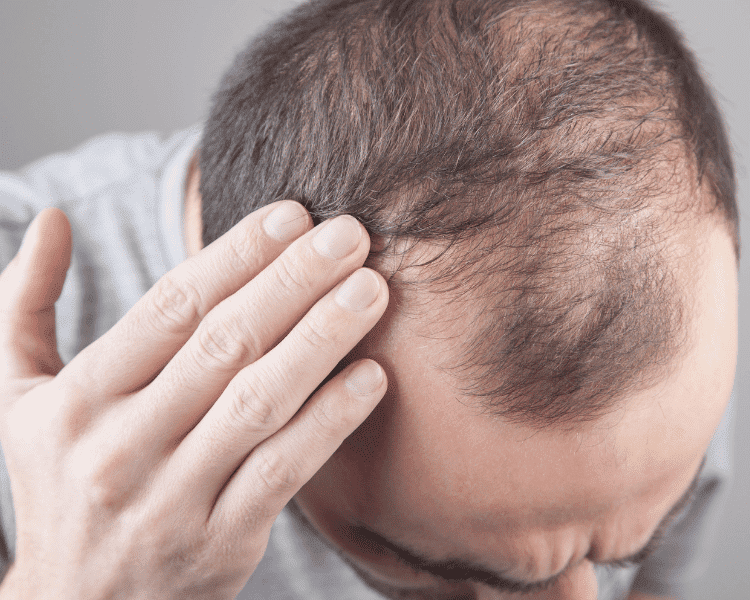
What is a Hair Transplant?
A hair transplant is a surgical procedure that involves moving hair follicles from one part of the body (usually the back or sides of the head) to the balding or thinning areas. The most common types of hair transplant is called follicular unit extraction (FUE) and Direct Hair Implantation (DHI) where individual follicular units are extracted directly from the donor area and transplanted to the recipient area.
Both methods involve making small incisions in the scalp to insert the hair follicles, which can cause some side effects. While hair transplant surgery is generally safe, there are some common side effects that patients may experience.
Hair Transplant Surgery Side Effects
Temporary Side Effects of Hair Transplantation
Shock Loss (Hair Shedding)
Shock lossis a temporary shedding of hair that can occur after a hair transplant. This is a normal part of the healing process and can happen to both the transplanted hair and the existing hair in the recipient area. Shock loss typically occurs within the first few weeks after surgery and can last for a few months. It is important to note that this hair will eventually grow back, but it may take several months for the new hair to start growing.
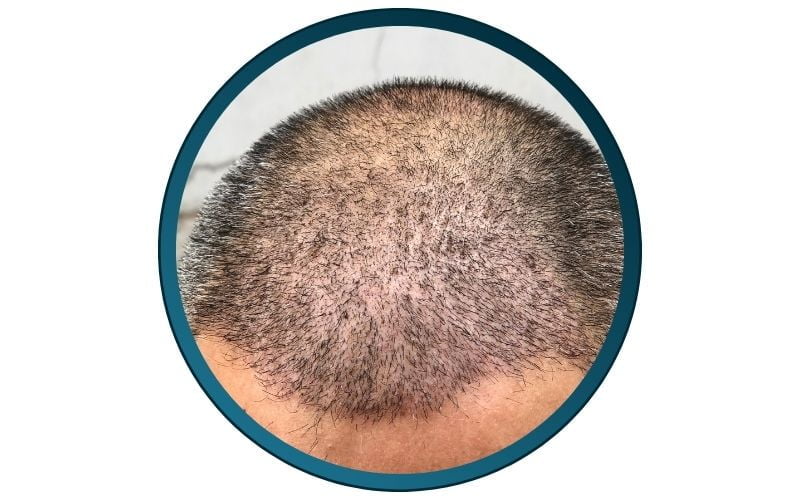
Swelling
Swelling is a common side effect of hair transplant surgery, particularly in the forehead and around the eyes. This is due to the trauma of the surgery and can last for a few days. To reduce swelling, patients are advised to keep their head elevated and apply cold compresses to the affected areas.
Itching and Discomfort
Itching and discomfort are also common side effects of hair transplant surgery. This is due to the healing process and can last for a few days to a few weeks. Patients are advised to avoid scratching the scalp and to take any prescribed pain medication to manage discomfort.
Pain and Numbness
Patients may experience pain and numbness in the donor and recipient areas after surgery. This is a normal part of the healing process, but it should subside within a few days or weeks.
Infection and Inflammation
Infection and inflammation can occur as potential side effects of any surgical procedure, including hair transplant surgery. To minimize the risk of infection, it is important for patients to maintain cleanliness of the scalp and diligently follow all post-operative care instructions provided by their surgeon. If any signs of infection, such as redness, swelling, or pus, are observed, it is crucial to seek immediate medical attention. Taking prompt action is vital to ensure proper treatment and recovery.
Bleeding
Bleeding is a potential risk during and after hair transplant surgery. While some bleeding is normal during the procedure, excessive bleeding can occur if the patient has a bleeding disorder or is taking blood-thinning medication. To minimize the risk of bleeding, patients are advised to avoid taking any blood-thinning medication before surgery and to inform their surgeon of any medical conditions.
Permanent Side Effects of Hair Transplantation
Scarring
Scarring is a potential permanent side effect of hair transplant surgery. The type and severity of scarring can vary depending on the individual’s healing process and the technique used for transplantation. FUE and DHI tend to result in less visible scarring compared to traditional strip harvesting techniques.
Unnatural-Looking Results
Hair transplant surgery is an art as well as a science, and there is always a risk of unsatisfactory results. This can include unnatural-looking hairlines, uneven density, or visible scarring. To minimize this risk, it is crucial to choose an experienced and skilled surgeon who can create natural-looking results.
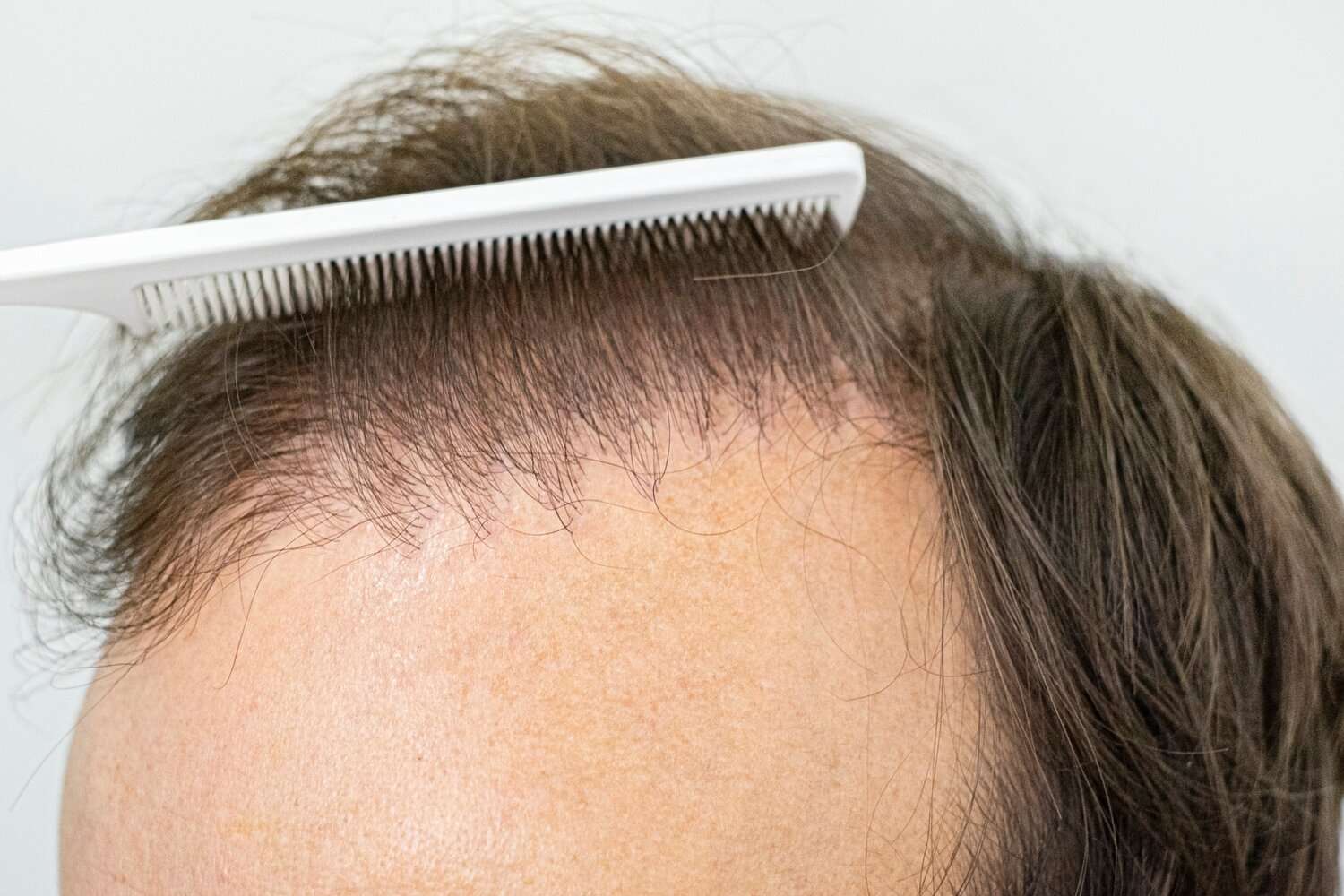
Permanent Loss of Donor Hair
In some rare cases, hair transplant surgery can result in permanent damage to the donor area, leading to a limited supply of viable hair follicles for future procedures. This is why it is crucial to carefully consider all factors and consult with an experienced surgeon before undergoing a hair transplant.
How to Minimize Side Effects
While there are potential side effects and risks associated with hair transplant surgery, there are also ways to minimize them.
You may have a look a comprehensive hair transplantation recovery and aftercare guide by the More Clinics.
Following Post-Operative Care Instructions
Following post-operative care instructions provided by the surgeon is essential for proper healing and to minimize the risk of infection or other complications. These instructions typically include keeping the scalp clean, avoiding strenuous activities, and taking prescribed medication as directed.
Maintaining Good Overall Health
Having good overall health is crucial for successful hair transplant surgery. Patients with underlying medical conditions should inform their surgeon to ensure proper precautions are taken.
Choosing a Qualified and Experienced Hair Transplant Expert
Choosing a qualified and experienced specialist is crucial to minimize the risk of complications and ensure the best possible results. Patients should thoroughly research the credentials and experience of a surgeon before undergoing any procedure.
Not Smoking or Drinking Alcohol Before and After Surgery
Smoking and excessive alcohol consumption can impair the body’s healing process, increasing the risk of complications and potentially affecting the outcome of hair transplant surgery. Patients are advised to avoid smoking and drinking alcohol before and after the procedure.
Being Realistic About Results
It is important to have realistic expectations about the results of a hair transplant. While the procedure can restore hair, it may not result in a full head of hair. It is important to discuss your expectations with your surgeon and understand the limitations of the procedure.
Last Words from the More Clinics Team
At More Clinics, we understand the importance of considering all potential side effects and risks before undergoing hair transplant surgery. We prioritize patient safety and satisfaction and strive to provide the best possible results for our clients. Our team of experienced surgeons and staff are dedicated to providing personalized care, thorough consultations, and exceptional aftercare services. If you are considering a hair transplant, we invite you to schedule a consultation with us to discuss your options and address any concerns you may have.
Medically Reviewed by Dr. Seda Erdoğan who specialized on Hair Transplants, Dermatology
GET A FREE CONSULTATION!
Let’s Start Planning Your Treatment %100 Guarantee Results.


